Apple and Google agree to work together on AirTags stalking problem
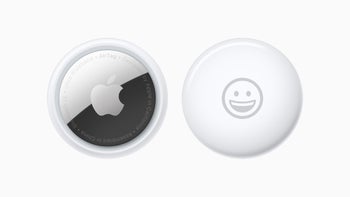
Wouldn't it be something if we could tell you that Apple and Google have decided to team up and allow Apple to support Google's Rich Communication Services (RCS) in iOS. But alas, we cannot tell you this. What we can say is that Apple and Google are working together to fight back against unwanted location tracking. This is an issue that came about after Apple released its AirTags item trackers.
Unfortunately, the item trackers were placed on the person or property of unsuspecting people who were then stalked by strangers tracking them with an iPhone. For example, almost exactly one year ago a mother and daughter were leaving a nearly deserted Disney World parking lot late at night when the daughter's iPhone showed a horrifying notification, "AirTag Found Moving With You." The daughter discovered that they had been followed around the Magic Kingdom for four hours and were in fear for their lives.
Apple's Tracker Detect app will help an Android user find an AirTag being used to stalk him/her
Frantically trying to get back to their hotel, the pair made it safely and started dumping bags that they carried in their car until an AirTag fell out of one. To prevent incidents like this from happening to those with an Android phone, Apple released an app called Tracker Detect that looks for AirTags that are separated from their owner. The app can be downloaded and installed from the Play Store.
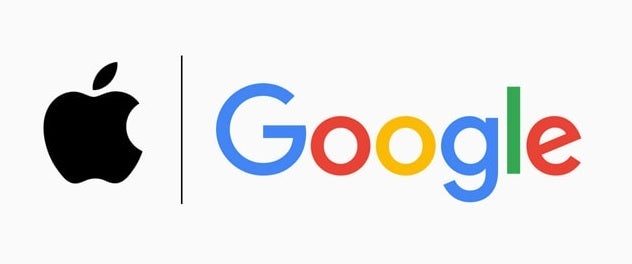
Apple and Google are teaming up to take on the use of AirTags and other item trackers by stalkers
Apple announced today that it and Google "jointly submitted a proposed industry specification to help combat the misuse of Bluetooth location-tracking devices for unwanted tracking. The first-of-its-kind specification will allow Bluetooth location-tracking devices to be compatible with unauthorized tracking detection and alerts across iOS and Android platforms." Other companies making item trackers such as Samsung, Tile, Chipolo, eufy Security, and Pebblebee have stated their support for Apple and Google's draft specifications.
Ron Huang, Apple’s vice president of Sensing and Connectivity said, "Apple launched AirTag to give users the peace of mind knowing where to find their most important items. We built AirTag and the Find My network with a set of proactive features to discourage unwanted tracking — a first in the industry — and we continue to make improvements to help ensure the technology is being used as intended. This new industry specification builds upon the AirTag protections, and through collaboration with Google results in a critical step forward to help combat unwanted tracking across iOS and Android."
Dave Burke, Google's vice president of Engineering for Android, also released a statement. "Bluetooth trackers have created tremendous user benefits, but they also bring the potential of unwanted tracking, which requires industrywide action to solve. Android has an unwavering commitment to protecting users, and will continue to develop strong safeguards and collaborate with the industry to help combat the misuse of Bluetooth tracking devices."
Apple and Google hope to have a solution to fight against item tracker stalking by the end of this year
According to Apple, the draft specifications will go through a three-month review process. Following the comment period, Apple and Google will address feedback together and at the end of 2023 Apple and Google will release a product implementation of the specification for unwanted tracking alerts that will be supported by future versions of Android and iOS. The goal is for Apple and Google to come up with something that will stop bad actors from using item trackers to stalk unsuspecting iOS and Android users.
Alexandra Reeve Givens, the Center for Democracy & Technology’s president and CEO says, "A key element to reducing misuse is a universal, OS-level solution that is able to detect trackers made by different companies on the variety of smartphones that people use every day. We commend Apple and Google for their partnership and dedication to developing a uniform solution to improve detectability. We look forward to the specification moving through the standardization process and to further engagement on ways to reduce the risk of Bluetooth location trackers being misused."




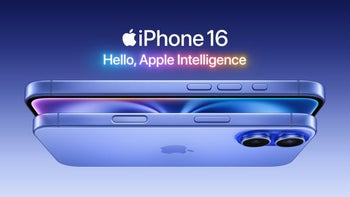
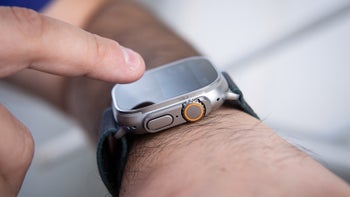
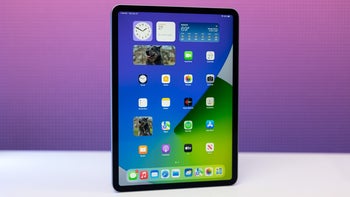
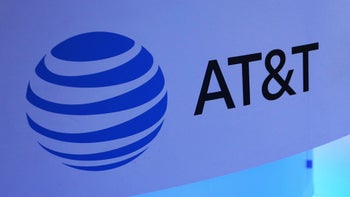

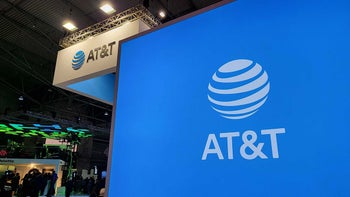
Things that are NOT allowed: